Approaches to energy-burdened households
/Low-income residents are energy-burden spending large share of their available incomes spent on energy bills.
The high energy bills may be due to lack of weatherization, older inefficient utilities or older houses constructed before improved building codes.
One market-based approach was shared during a recent Indy Energy forum by Philip Fracica with Renew Mo.
This particular program is Pay As You Save® ("PAYS®") which allows utilities to invest in energy efficiency upgrades on the customer side of the meter and assure immediate net savings to the customer. (See the video).
Energy-saving upgrades are installed in a customer's home or building, but the utility pays the up-front cost of the installed energy-saving measures. To recover its costs, the utility puts a fixed charge on the customer's electric bill that is significantly less than the estimated energy savings from the upgrades.
The customer sees immediate net annual savings by incurring less expense for energy while paying a fixed charge that is below the total estimated energy savings.
Once the utility recovers its costs, the customer will no longer have a “PAYS” charge on their bill.
The approach addresses the challenge of households, particularly low-income households, which are energy burden and pay a significant portion of their income for energy costs.
Recent analysis shows there are 22,200 households in Jackson County MO with incomes below 50% of the federal poverty level. These households spend 26.7% of their income on energy compared to the overall average which is between 5 to 9%. Here’s a broader Missouri analysis.
Also highlighted were “energy savings kits” provided by KCPL&L and the natural gas provider Spire that provide free energy-efficient upgrades to homes.
The effort involves an energy-efficiency professional making an onsite assessment of ways to reduce energy use and save money. The visit includes the installation of free energy savings products such as:
Up to 12 LED bulbs to replace incandescent, halogen or burnt-out CFLs
Up to four faucet aerators
Up to two efficient-flow shower heads
Water heater pipe insulation (installed on hot and cold pipes for up to six feet from water heater tank, when accessible)
Up to two smart power strips
Spire is the natural gas provider for Independence residents.
Renew Missouri is working with Energy Efficiency for All to provide approaches to the issue.
Here is what is being done at Kansas City Power and Light and also Ameren - the two major investor-owned utility companies serving Missouri.


